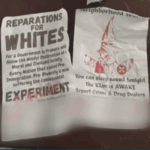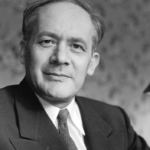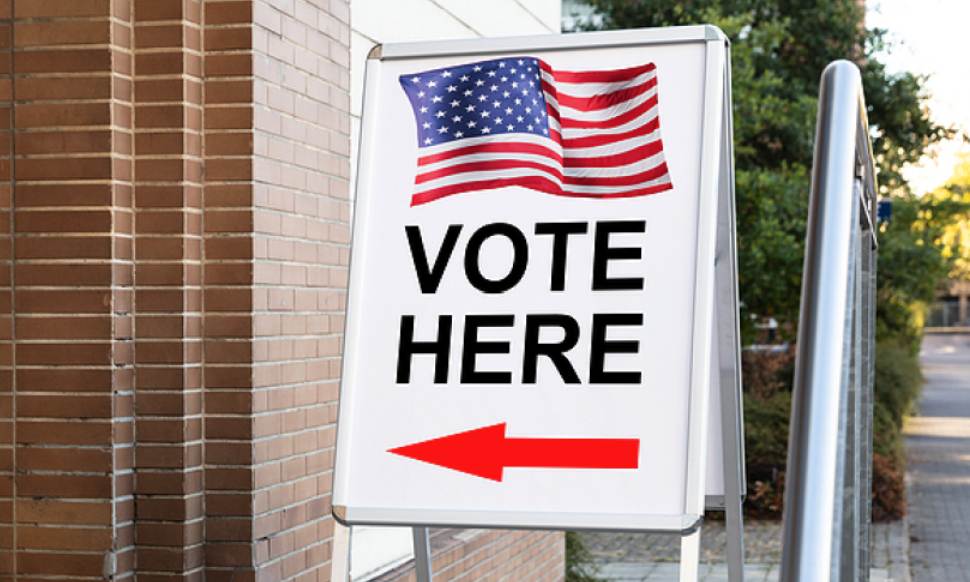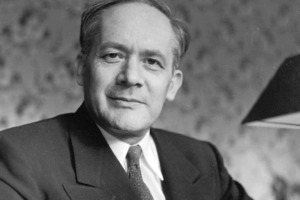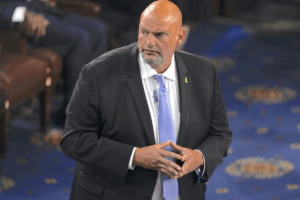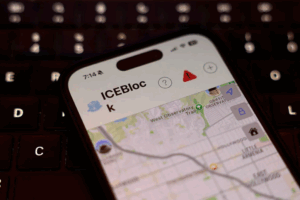Trump and election integrity activists have long pushed for more stringent voter fraud protections in statewide and federal elections.
President Donald Trump pledged in a Truth Social post on Sunday to sign an executive order that would require Voter ID at all polling locations for future elections. Trump also vowed to end mail-in options for voters who were not “very ill” or “far away military”, another controversial issue among political parties. He promised steps to tighten election security and floated the idea of proof of citizenship and the end of absentee ballots as measures.
In April of this year, U.S. District Court Judge Colleen Kollar-Kotelly blocked portions of Trump’s executive order that pertained to Voter ID requirements in-person ballot measures like proof of citizenship. Kollar-Kotelly argued in her decision that the President does not have sole authority to issue those orders and that executive action on the matter violated the Constitution, which states that the President cannot regulate elections.
“Consistent with that allocation of power, Congress is currently debating legislation that would affect many of the changes the President purports to order,” the Clinton-appointee said in the decision. “No statutory delegation of authority to the Executive Branch permits the President to short-circuit Congress’s deliberative process by executive order.”
Despite the legal roadblock, surveys show tighter Voter ID laws to be popular among many American adults. A Gallup poll from 2024 found that 83% of registered voters supported implementing some type of proof of citizenship for future elections. The survey also showed just less than 70% of Democrats supported Voter ID or proof of citizenship mandates, while nearly 100% of Republicans were in favor. Some states already implemented stricter polling requirements, including photo ID at the polls, while others have made very few changes. President Trump’s most recent promise of executive action would seek to handle Voter ID laws at the federal level.
Republicans in favor of Voter ID argue that 36 states have already implemented some form of proof of citizenship at the polls in the last decade. Many Democrats maintain that federal efforts to enforce stricter laws is an overreach and unconstitutional. Others argue that research indicated Voter ID laws disproportionately impacted black people and minorities due to difficulty in acquiring some forms of identification. However, Trump’s March 2025 executive order directed his Election Assistance Commission to accept passports or existing ID as valid in some instances.
Ten of the 36 states currently require strict Photo ID in order to vote, more than half of which are in the south. New Hampshire is the northern most state that enforces strict polling laws. Other states – including California, Illinois, Massachusetts, New York and Vermont – do not require any documentation to vote in all elections.

